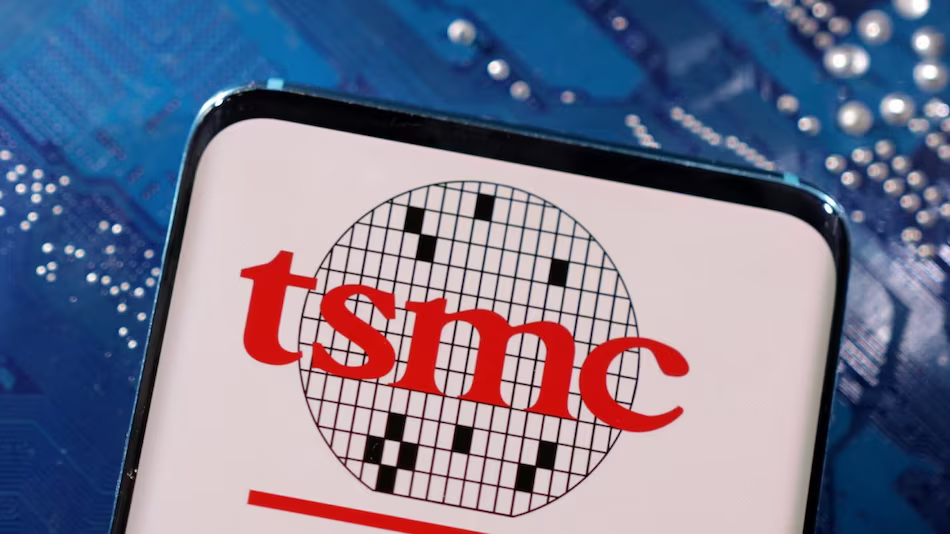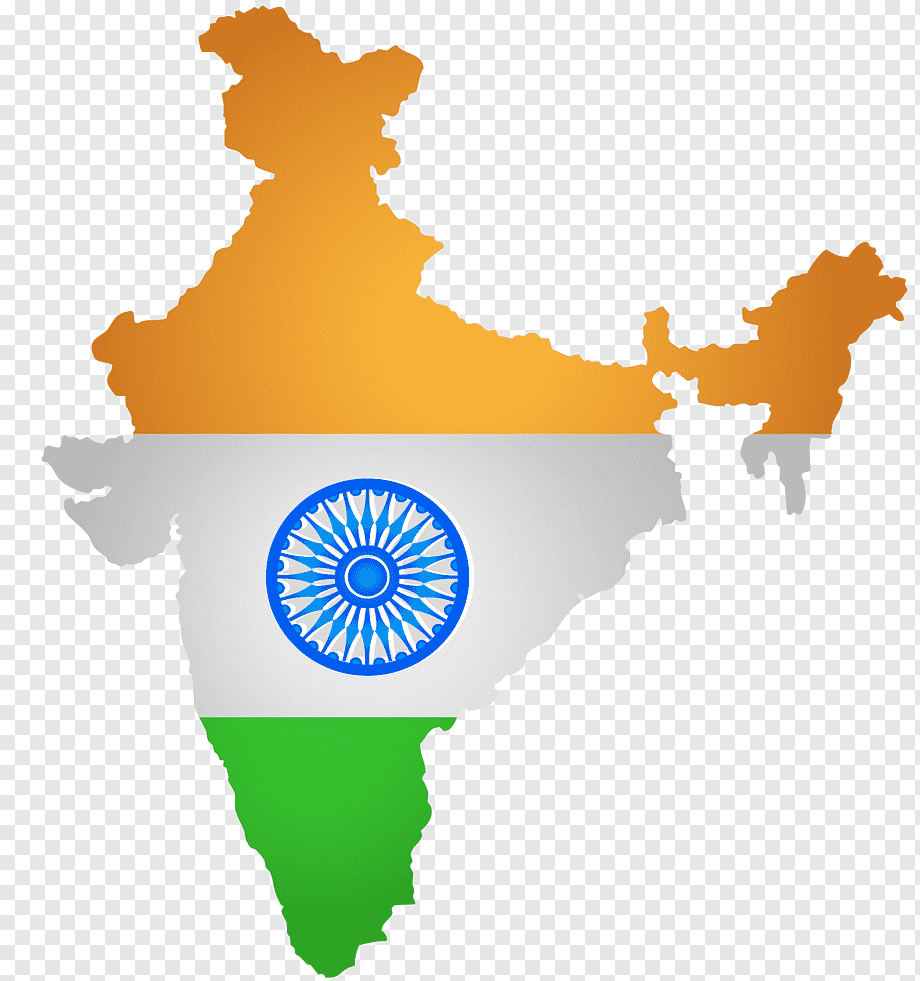Taiwanese companies operating in China are looking at “decoupling” the global supply chain from that country.

Leading Taiwanese technology firms are looking at relocating their manufacturing bases to India to bring down their exposure to the Chinese market, top policymakers in the Taiwan government have said, amid the self-governed island’s increasingly tense relations with China.
Deputy Minister for Taiwan’s National Development Kao Shien-Quey said there is huge scope for collaboration between New Delhi and Taipei in areas of emerging and critical technologies including manufacturing of semiconductors and electronics equipment.
In an interaction with a group of international journalists, she said major Taiwanese technology giants are looking at India as a key destination to strengthen their global supply chains.
Kristy Tsun-tzu Hsu, the director at premier policy think-tank Taiwan ASEAN Studies Center at Chung-Hua Institution of Economic Research, described India as an important country for Taiwan and said Taiwanese companies operating in China are looking at “decoupling” the global supply chain from that country while maintaining it for the domestic consumers.
Leading Taiwanese companies are increasingly looking at relocating their production bases from China to countries in Europe, North America, the US and India in view of Washington’s trade dispute with Beijing and the Chinese military’s increasing muscle-flexing around Taiwan.
The relationship between China and Taiwan has become increasingly strained after US House Speaker Nancy Palosi’s visit to the island in August last year.
India is keen on having production facilities of leading Taiwanese chip producers including Taiwan Semiconductor Manufacturing Corporation (TSMC), the world’s largest chipmaker whose clients included Apple.
“With the larger context of global supply chain restructuring and the ‘China plus one’ strategy, I am sure that we will see an acceleration of collaboration between the two sides in the field of semiconductor and information and communication industry,” Shien-quey said.
It is learnt that a sizable number of Taiwanese companies are going to set up production bases at two industrial parks in India which are being set up exclusively for leading industries from Taiwan.
Talks are in the final stages for a Taiwanese semiconductor company to set up a manufacturing facility in India, an official said on condition of unanimity.
Taiwan produces over close to 70 percent of the world’s semiconductors and over 90 percent of the most advanced chips that are required for almost all electronic equipment such as smartphones, car components, data centres, fighter jets and AI technologies.
The ‘China-Plus-one’ strategy aims at encouraging businesses to expand their operations outside of China while maintaining their presence in that country.
“We are actively promoting the diversification of the production bases of the Taiwanese companies and we would like them to move their production bases to other countries with a like-minded value system,” Shien-quey said.
Tsun-tzu Hsu said the Indian economy is significantly large and the view is that it can provide some opportunity for Taiwan to change its trade dynamics with China.
“It is not only about trade. It is more about strategic collaboration. Our companies were considering moving to India even before the beginning of the US-China trade war because the Indian economy is so large that it can provide some opportunity to Taiwan to change the dynamics with China and reduce its dependence on China,” she said.
Tsun-tzu Hsu said the Taiwanese government has been trying to negotiate a trade deal with India to expand the trade basket.
Taiwan-based Foxconn, which is Apple’s largest supplier, has an iPhone manufacturing facility in Tamil Nadu.
The company is now setting up another iPhone production facility in Karnataka that is expected to start production by April next year.
New Delhi and Taipei inked a landmark bilateral investment pact nearly five years back that seeks to protect Taiwanese investment in India.
The bilateral trade between India and Taiwan is on an upswing. The volume of trade increased from $2 billion (roughly Rs. 16,361 crore) in 2006 to $8.9 billion (roughly Rs. 72,806 crore) in 2021.
“Recently, we see new momentum in Taiwanese companies moving to India and expanding their operations. The expansion of Foxconn is one such example,” Tsun-tzu Hsu said.
Deputy Minister Shien-quey said there is a lot of room for collaboration between India and Taiwan in the area of semiconductor manufacturing.
“India is strong in its software capabilities while Taiwan is strong in hardware and manufacturing in the ICT sector. There is a lot of room for complimentary collaboration here. Secondly, India enjoys a very huge domestic market. So this is also an incentive for investment,” she said.
The deputy minister said the operations by Foxconn in India are expected to encourage more technology companies to invest in India.
“Since Foxconn is already there (India) and some of the suppliers in the lower part of the supply chain for Foxconn are also in India, I am sure that this will attract more companies to invest in the upstream of the value chain,” she said.
China considers Taiwan as its breakaway province and insists it should be unified with the mainland, by force if necessary. Taiwan, however, sees itself as completely distinct from China.
India does not have formal diplomatic ties with Taiwan but both sides have trade and people-to-people relations.
Following the eastern Ladakh border row with China, some experts in India have been pushing for upgrading New Delhi’s ties with Taipei, especially in the trade and investment sectors.


